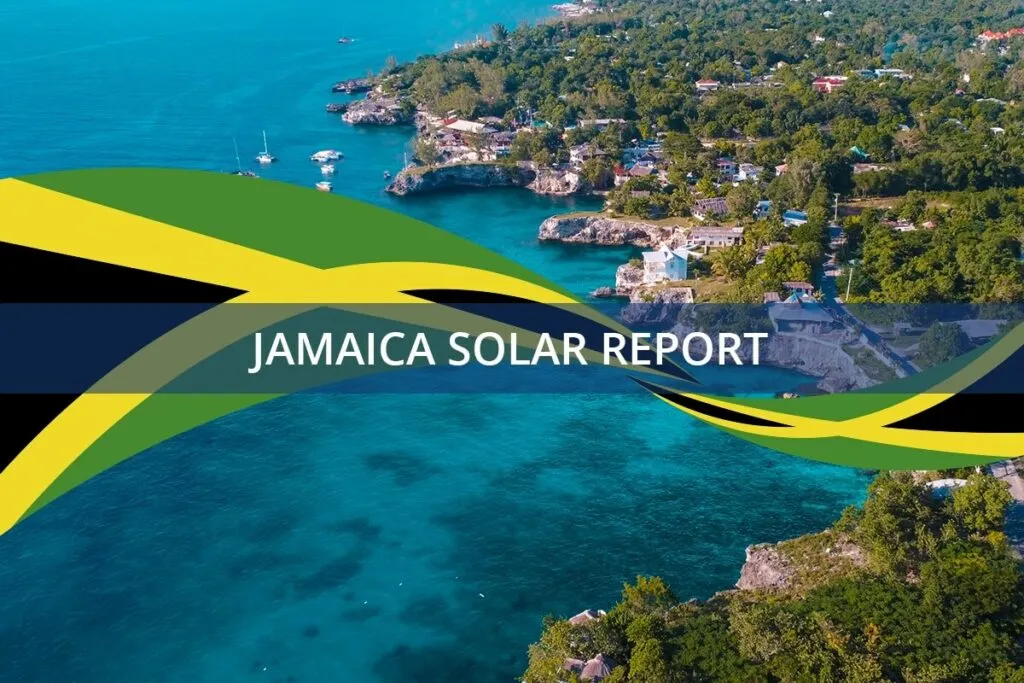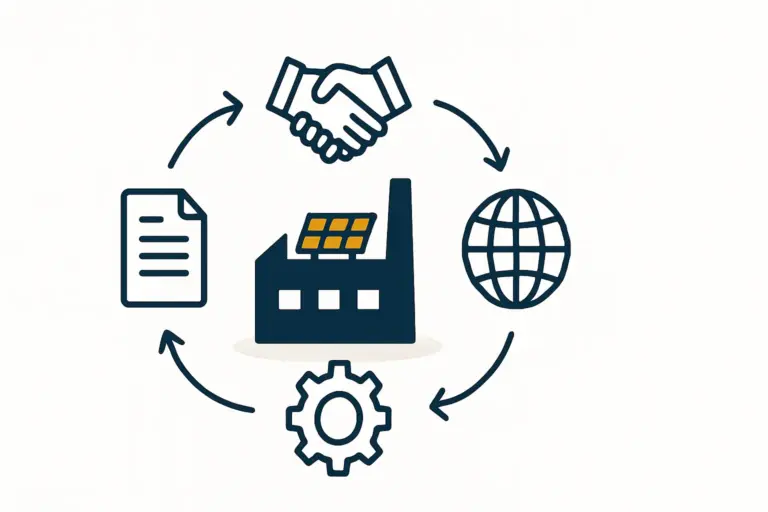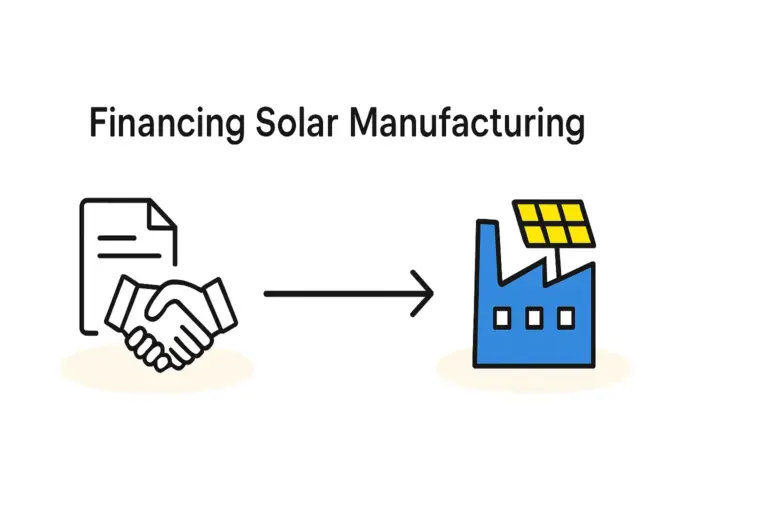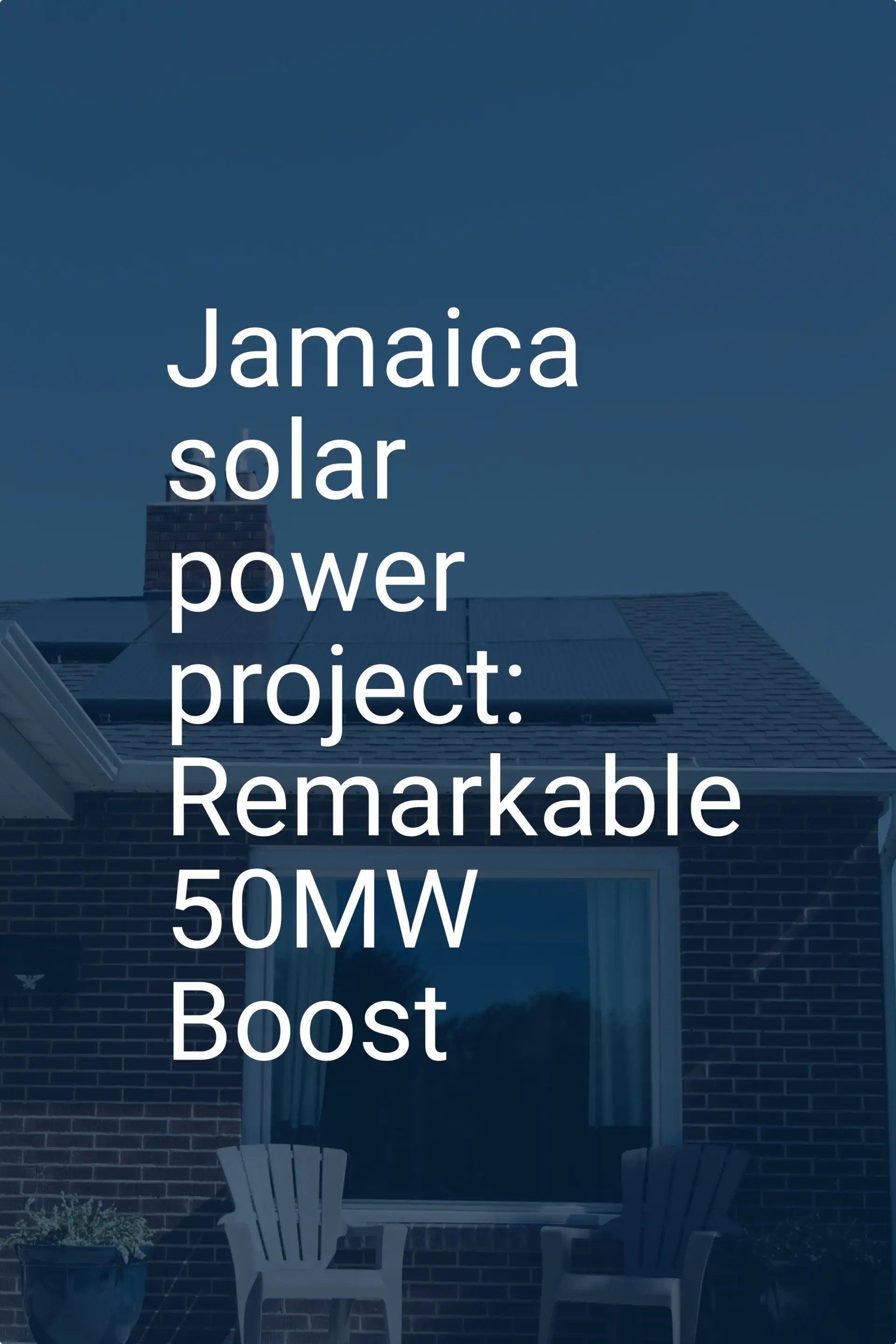A new solar module assembly plant stands ready—machinery calibrated, workforce trained—yet the production line remains silent. This scenario, where a fully-equipped factory is stalled by logistical hurdles, is a familiar challenge for manufacturers. A critical shipment of solar cells, glass, or aluminum frames can be delayed for weeks at a port or in customs, turning a promising venture into a costly waiting game.
For any business establishing a solar panel factory in Jamaica, understanding the nuances of importing raw materials is foundational to the entire plan. This guide outlines the key logistical considerations—from port selection and customs clearance to supply chain management—to ensure a smooth flow of materials to your production line.
The Strategic Importance of Port Selection in Jamaica
Which Jamaican port receives your materials significantly impacts cost, efficiency, and island-wide distribution. While Jamaica has several ports, the primary decision for industrial importers is between the Port of Kingston and the Port of Montego Bay.
The Case for the Port of Kingston
Managed by Kingston Freeport Terminal Limited (KFTL), the Port of Kingston is the logistical heart of the country. As the world’s seventh-largest natural harbor, it’s a major deep-water port and a critical transshipment hub for the entire Caribbean.
-
Volume and Capability: The Port of Kingston handles over 80% of Jamaica’s containerized cargo, making it exceptionally well-equipped for industrial-scale imports of materials like solar cells, glass, and aluminum frames.
-
Strategic Location: Situated on the southern coast, it offers direct access to the country’s primary commercial centers. Its connection to the North-South Highway facilitates efficient distribution to any point on the island.
-
Infrastructure: The port features modern container cranes, ample storage facilities, and established processes for handling high volumes of international freight—all essential for a manufacturing operation.
These factors make the Port of Kingston the most logical choice for a solar module assembly operation planning for consistent, large-scale production.
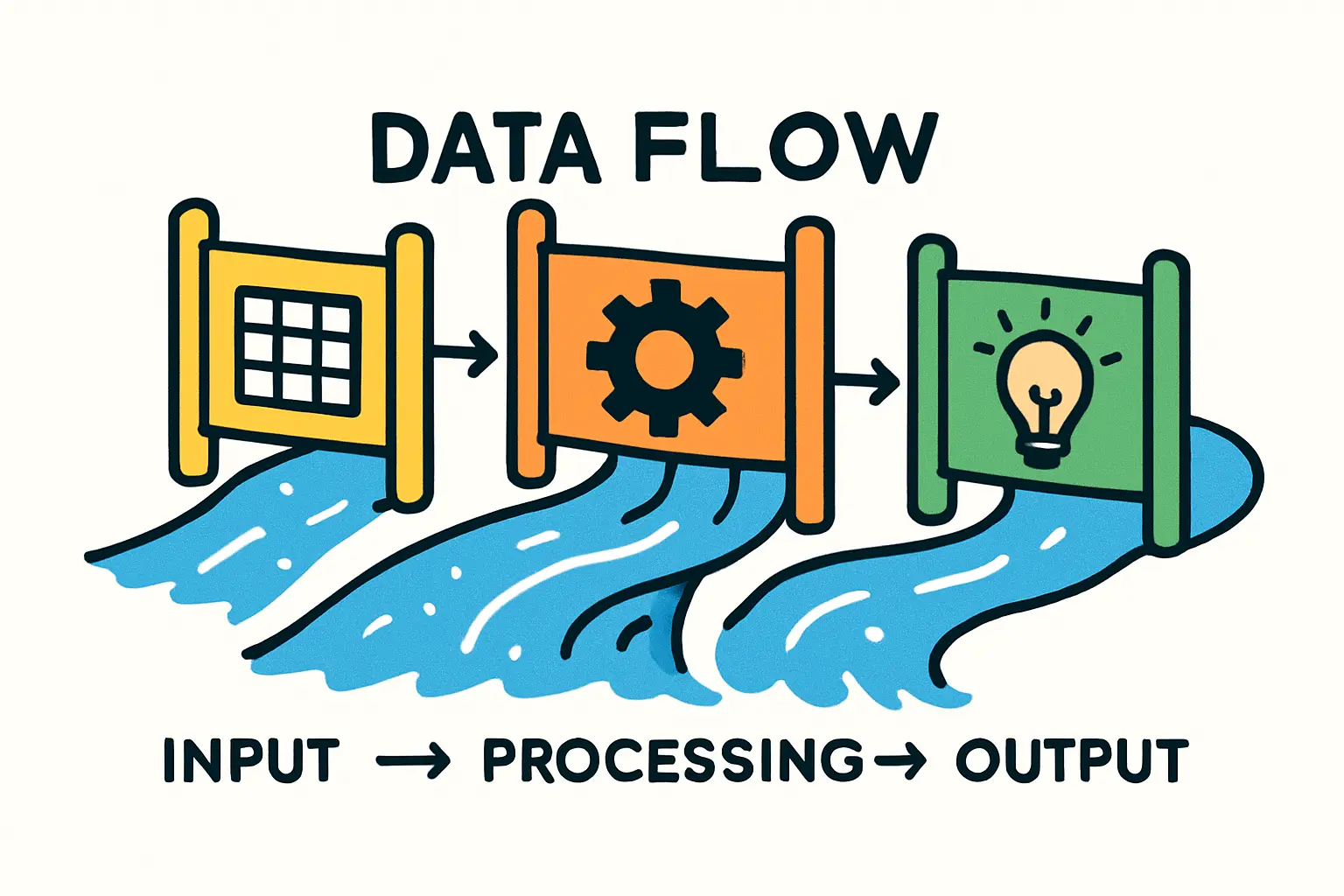
Considerations for the Port of Montego Bay
The Port of Montego Bay primarily serves western Jamaica’s tourism industry, handling cruise ships and bulk commodities like sugar and petroleum. While a functional port, its infrastructure isn’t optimized for the high-volume, containerized industrial goods required for solar manufacturing. Choosing this port would likely lead to capacity limitations and less efficient inland transport to other parts of the country.
Navigating Jamaica’s Customs Clearance Process
Once a container arrives, it must clear Jamaican customs—often the most significant bottleneck in the supply chain. Delays here directly impact production schedules and working capital.
The Role of the Jamaica Customs Agency (JCA)
The Jamaica Customs Agency (JCA) uses the ASYCUDA (Automated System for Customs Data) World platform to process declarations. With all documentation in perfect order, clearance can take just two to five business days. However, even minor errors can lead to significant delays.
Common Causes for Delay
Experience with turnkey projects in emerging markets shows that meticulous logistics planning is critical to a project’s early success. New importers frequently encounter delays due to:
-
Incorrect HS Codes: Using the wrong Harmonized System code for imported goods often leads to disputes over duty rates.
-
Valuation Discrepancies: If the declared value of goods doesn’t align with JCA reference data, the shipment can be held for reassessment.
-
Incomplete Paperwork: Missing certificates of origin, packing lists, or commercial invoices will halt the clearance process.
-
Physical Inspections: A percentage of shipments are flagged for physical inspection, which can add days or even weeks to the timeline.
To mitigate these risks, engaging an experienced local customs broker isn’t just recommended—it’s essential. A good broker understands JCA procedures and can help ensure all documentation is accurate before the shipment even arrives.
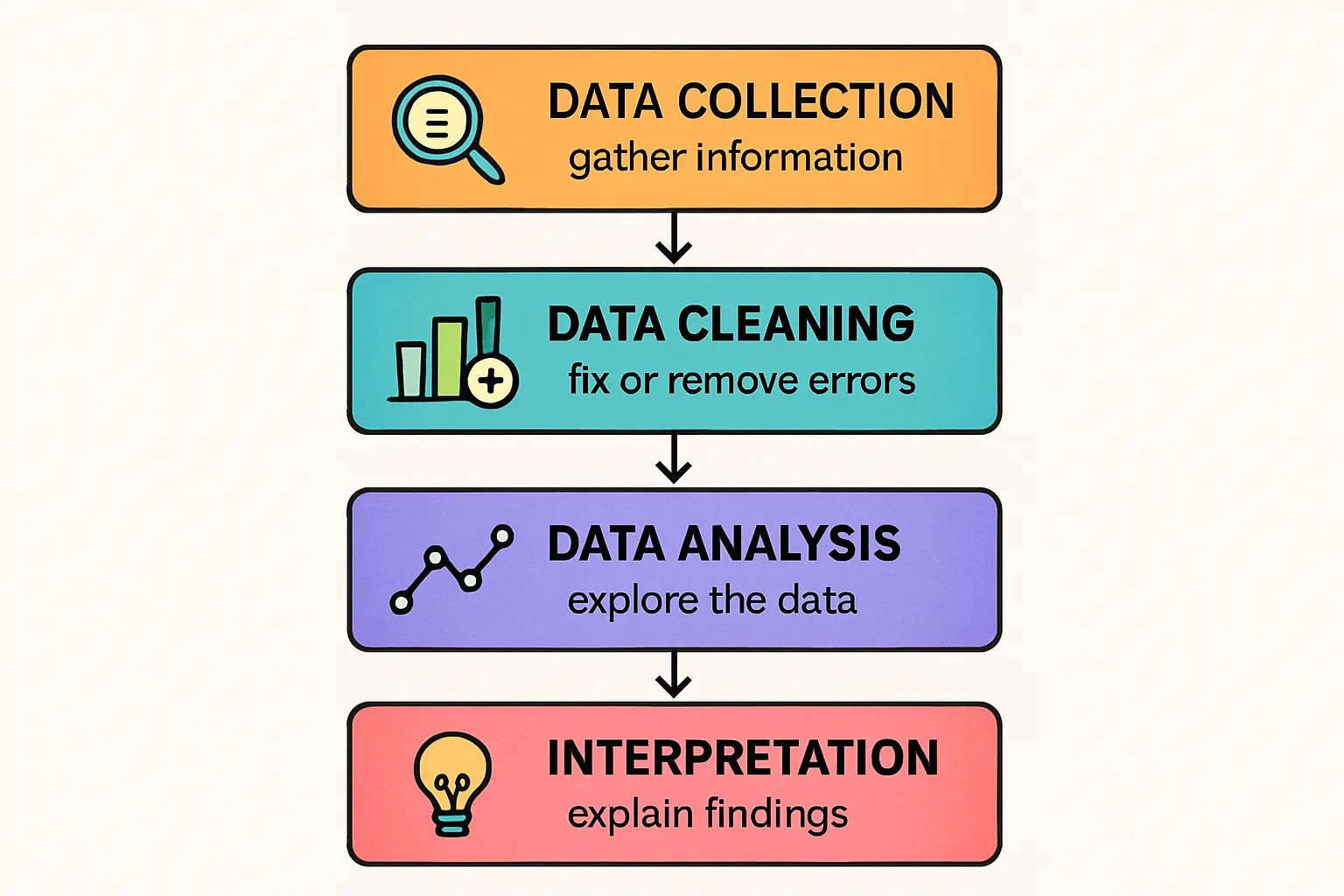
Building a Resilient Caribbean Supply Chain
A successful solar manufacturing operation cannot rely on a single, fragile supply line. The Caribbean presents unique challenges, most notably the annual hurricane season from June to November, which can severely disrupt shipping lanes and port operations. A resilient supply chain is therefore critical.
Diversification of Sourcing
The critical raw materials for solar modules originate from various parts of the world.
-
Solar Cells: Sourced primarily from specialized manufacturers in Asia.
-
Solar Glass and EVA/Backsheet: Often supplied by producers in Asia or Europe.
-
Aluminum Frames: Can be sourced from Asia or, more regionally, from North or South America.
A diversified sourcing plan, with primary and secondary suppliers in different geographic regions, helps protect against factory shutdowns, geopolitical events, or shipping disruptions.
Mitigating Risk with Buffer Stock
To counteract shipping delays or supply interruptions, maintaining a buffer stock is standard industry practice. A new assembly plant in Jamaica should hold at least two to three months’ worth of critical components (especially solar cells) in a secure, climate-controlled warehouse. This provides the operational cushion needed to maintain continuous production even when a shipment is delayed.
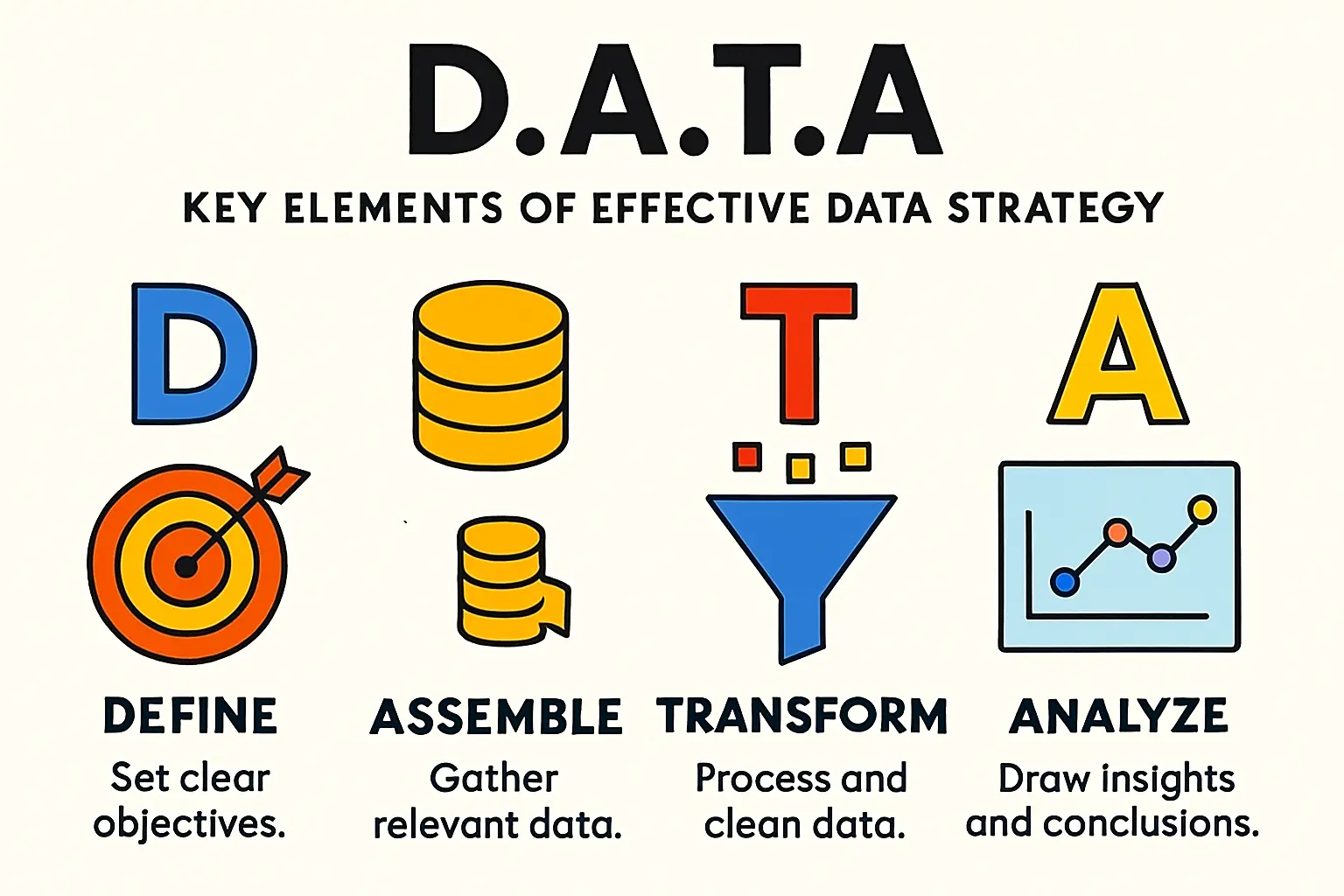
From Port to Production Line: Inland Logistics
The final leg of the journey—transporting materials from the port to your factory—also requires careful planning. The proximity of your facility to the Port of Kingston can significantly reduce transport costs and complexity. When selecting a factory site, a thorough assessment of the local road network and infrastructure is a crucial part of due diligence.
Frequently Asked Questions (FAQ)
What are the main raw materials that must be imported?
The primary materials include monocrystalline or polycrystalline solar cells, high-transparency tempered solar glass, extruded aluminum frames, EVA (ethylene vinyl acetate) encapsulant, and a protective backsheet.
How long does a typical shipment from Asia take to reach Jamaica?
Ocean freight from major Asian ports to Kingston generally takes four to six weeks, not including potential port congestion or customs delays.
Are there import duties on solar manufacturing materials in Jamaica?
Standard duties and General Consumption Tax (GCT) typically apply. However, government bodies like JAMPRO (Jamaica Promotions Corporation) may offer investment incentives, including duty concessions for manufacturing. It is vital to consult with local authorities and a customs broker to clarify the exact fiscal regime for your operation.
Is it better to source all materials from a single supplier?
While a single supplier can simplify procurement, it creates significant risk. If that supplier faces production issues or shipping problems, your entire operation could halt. A multi-supplier strategy is generally more resilient.
Conclusion: The Foundation of a Successful Operation
Logistics is the circulatory system of any manufacturing business. For those venturing into solar module assembly in Jamaica, a well-planned logistics strategy is as crucial as the assembly of a solar module itself. It is a foundational step that demands attention from the very beginning. By strategically selecting the Port of Kingston, preparing diligently for customs, and building a resilient supply chain, you can establish an operational framework ready for the unique challenges and opportunities of manufacturing in the Caribbean.

